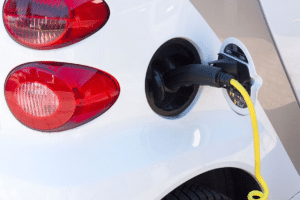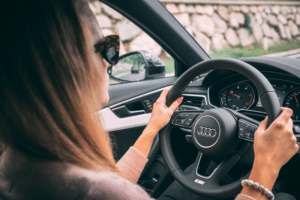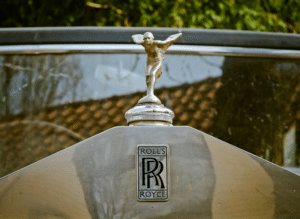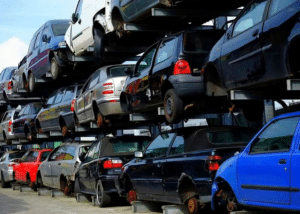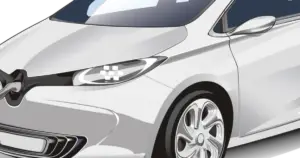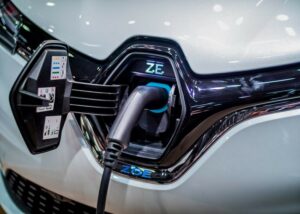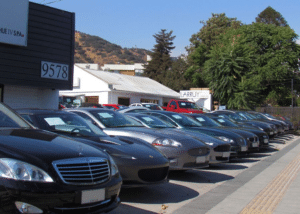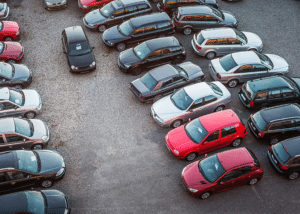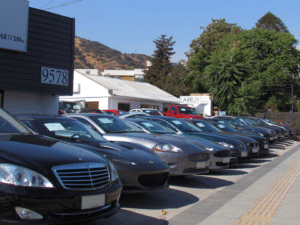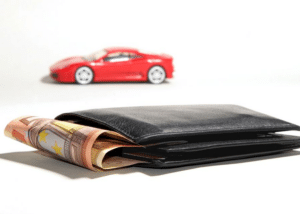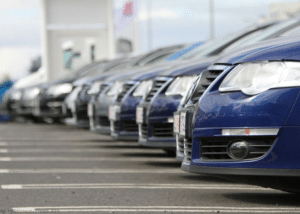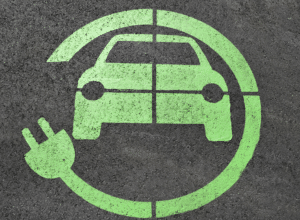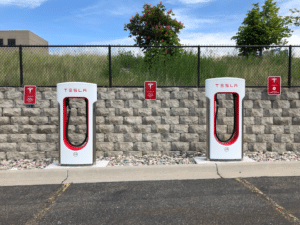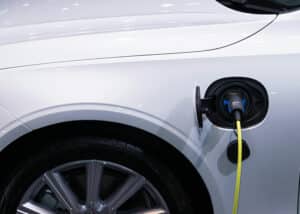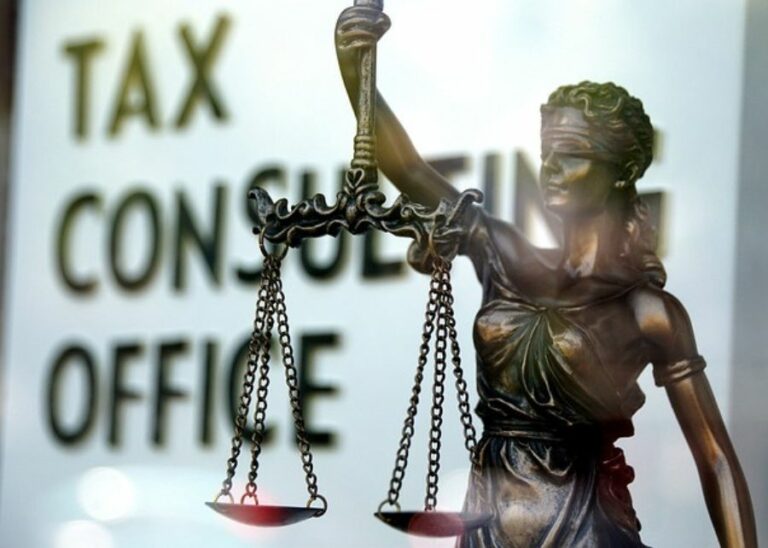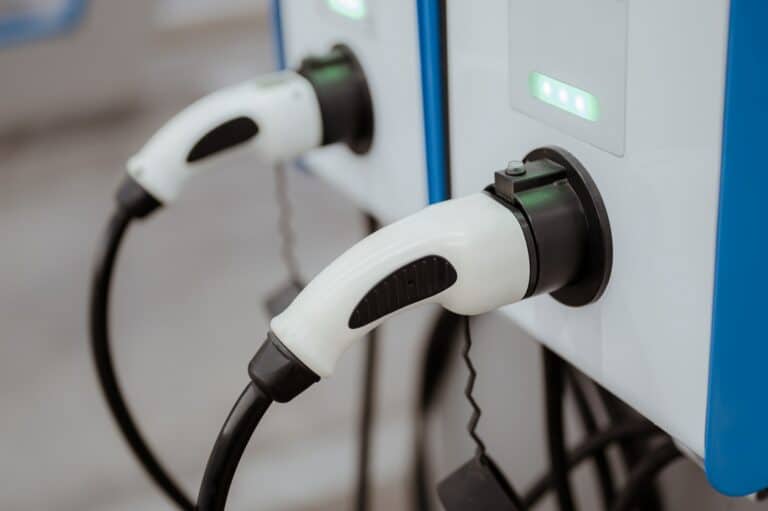For the first time in over four decades, the DVLA has announced sweeping changes to how classic car registration plates are registered in the UK — and it’s causing quite a stir across the motoring community. These long-overdue updates mark a significant shift in policy, finally recognising the realities of restoration, modification, and electric conversion.
Whether you’re a seasoned collector or a weekend tinkerer, the new rules around classic car registration could mean the difference between preserving your vehicle’s identity or losing it altogether.
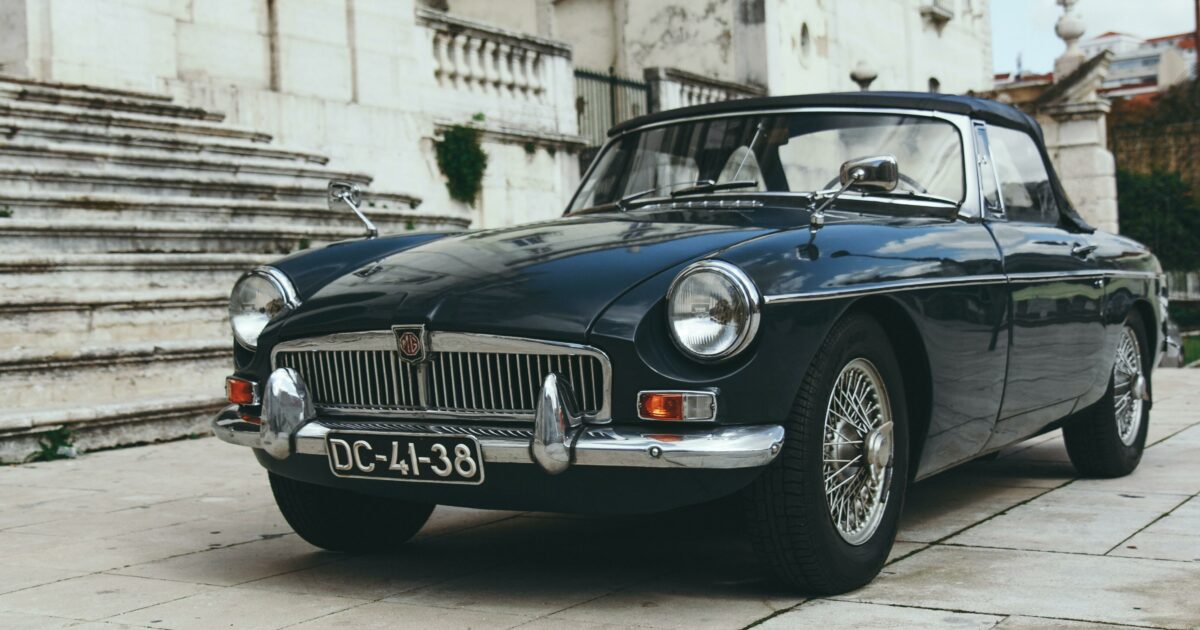
A Long-Awaited Shake-Up For Classic Car Registration Plates
For the first time in over four decades, the DVLA has announced sweeping reforms to the way classic car registration vehicles are registered in the UK — and it’s a game-changer. From 26 August 2025, new policies will come into effect that simplify the classic car registration process, protect vehicle identity, and finally reflect the realities of modern restoration.
The changes follow a government-led Call for Evidence launched in May 2024, which drew over 1,350 responses from owners, restorers, and industry bodies like the Historic and Classic Vehicles Alliance (HCVA), says This Is Money. The message was clear: the old system was outdated, opaque, and often unfair.
What’s Actually Changing?
According to IB Times UK, the three key updates are at the heart of the reform:
- Like-for-like repairs and restorations will no longer require notification to the DVLA, provided the vehicle’s appearance remains unchanged and the V5C logbook details stay the same.
- Significant structural modifications — such as chassis work or body alterations — will now allow the vehicle to retain its original registration number and Vehicle Identification Number (VIN), as long as the DVLA is notified.
- Electric conversions of classic cars will also be permitted to keep their original identity, again with proper documentation submitted to the DVLA.
This marks a major departure from previous rules, where even minor repairs could result in a car being slapped with a Q-plate — a designation for vehicles with unverifiable history — or forced to adopt a new VIN.

Why It Matters
For years, classic car owners have faced uncertainty when restoring or modifying their vehicles. The fear of losing a car’s original identity — and with it, a chunk of its value — has discouraged many from undertaking legitimate work. According to HCVA CEO Dale Keller, the new policy “places the retention of historic identity at the forefront of registration policy” and will help safeguard the UK’s £4 billion classic vehicle industry.
Tim Moss, Chief Executive of the DVLA, echoed that sentiment: “We recognise the time, passion and care that keepers of classic vehicles invest in keeping their cars on the road. These updated policies reflect modern restoration and modification practices”.
Electric Conversions Get The Green Light
One of the most progressive aspects of the reform regarding the classic car registration process, is the recognition of electric conversions. As more owners swap petrol engines for electric powertrains, the DVLA’s new stance allows these vehicles to retain their original registration — a huge win for the growing EV restomod scene.
Minister for the Future of Roads, Lilian Greenwood, said: “These changes are about cutting red tape and making life easier for enthusiasts, whether you’re restoring a vintage gem or converting it to electric. It’s all about celebrating the UK’s amazing motoring heritage”.
What Owners Need To Know
While the changes are welcome, they’re not a free pass. Owners must still notify the DVLA of any significant structural changes or conversions, and any updates to the V5C — such as colour, engine capacity, or body type — must be reported.
Documentation is key. The HCVA recommends keeping before-and-after photos, invoices, and a summary of work completed to ensure a smooth registration process. This helps protect provenance and makes life easier when insuring or selling the vehicle.
Final Thoughts
The overhaul of classic car registration rules is a landmark moment for UK motoring. It brings clarity, fairness, and modern thinking to a system that hasn’t changed since the 1980s. For the 3.1 million classic and historic vehicles currently registered in Britain, it means fewer headaches, more freedom, and a renewed sense of confidence in keeping these cherished machines on the road.
Whether you’re rebuilding a barn-find or future-proofing a vintage icon with electric power, the DVLA’s new guidance finally puts enthusiasts first — and that’s something worth celebrating.
If the DVLA’s new rules have you rethinking your classic car’s future, Jamjar.com makes selling simple. Whether you’re parting with a vintage gem or just curious about its value, Jamjar offers a quick, hassle-free way to get a free online quote.
No paperwork, no pressure — just instant offers from trusted buyers. So if the recent changes to classic car registration have sparked your next move, Jamjar.com is the perfect place to start.



















